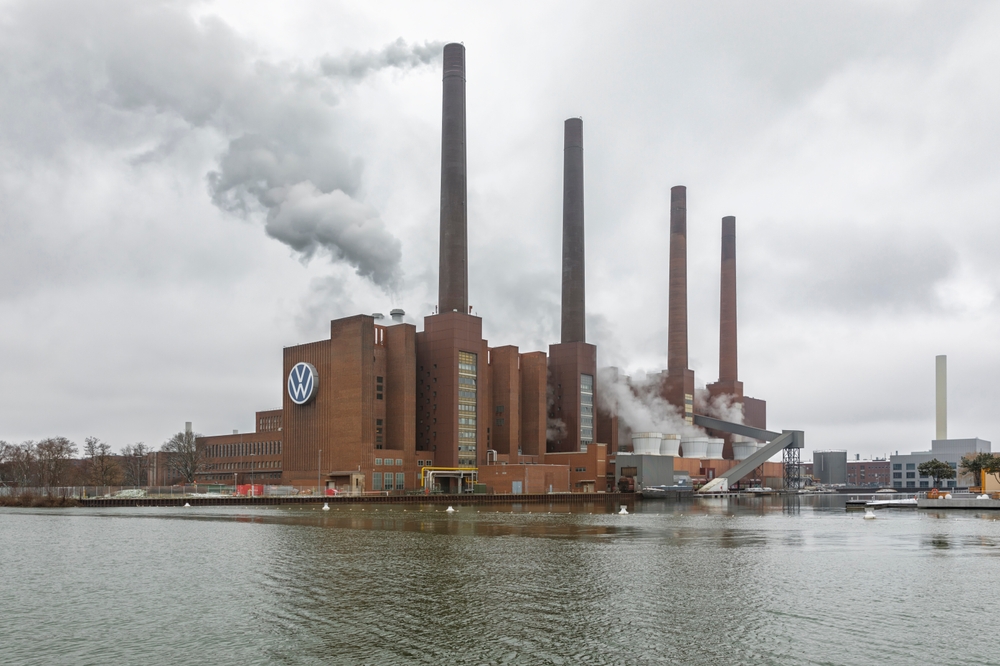Volkswagen’s management insists that tough decisions are necessary.
Others are reading now
Labor tensions are brewing in Germany, and Volkswagen is at the center of it. In Wolfsburg, the company’s headquarters, workers are making their frustration clear.
Thousands have marched, sending a message to management that they won’t back down without significant changes, according to Digi24.
At the heart of the conflict are cost-cutting measures, pay reductions, and the looming threat of factory closures.
Volkswagen, like much of the European auto industry, is facing fierce competition from Asian automakers, particularly China’s BYD.
Also read
Demand for cars has also fallen across Europe, leaving the company scrambling to maintain profitability.
Tough decisions are necessary
The tension boiled over recently, as employees from nine factories participated in warning strikes. Over 38,000 workers gathered in Wolfsburg in a powerful show of unity.
They are pushing back against what they see as an erosion of trust and stability within the company.
The union, IG Metall, has warned that these protests could escalate. Four-hour work stoppages may become 24-hour strikes or even indefinite walkouts.
Union negotiator Thorsten Groeger said anger is growing, with workers blaming leadership for declining stock prices and the uncertain future.
Volkswagen’s management, however, insists that tough decisions are necessary. Chief negotiator Arne Meiswinkel argued that union demands are not sustainable given the company’s current challenges.
CEO Oliver Blume echoed this, pointing to the need for swift adaptation in a volatile market.
But the stakes are higher than corporate strategy. Last week’s strikes alone reportedly cost Volkswagen €40,000 per minute. Hundreds of cars went unfinished at Wolfsburg, adding further strain to an already tense situation.
Even German Chancellor Olaf Scholz has weighed in, urging Volkswagen to avoid closures and protect jobs. With political pressure mounting and industry-wide challenges growing, the company is caught between its financial goals and the demands of its workforce.

